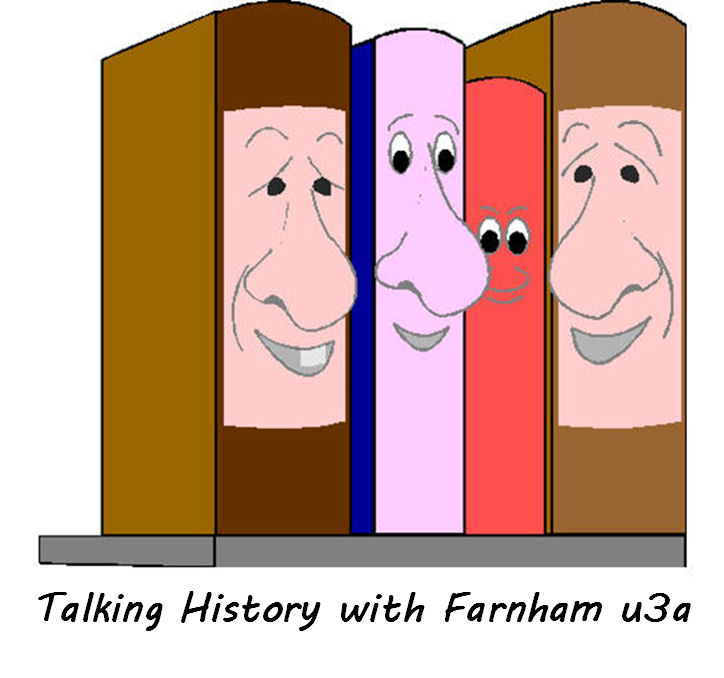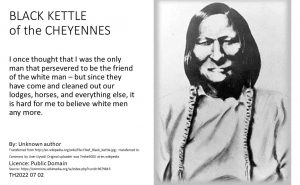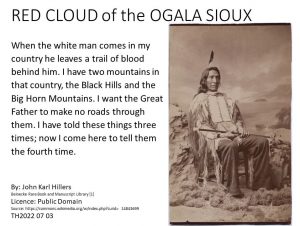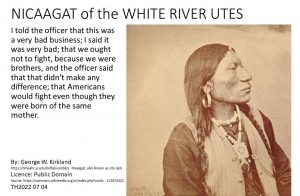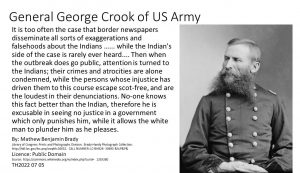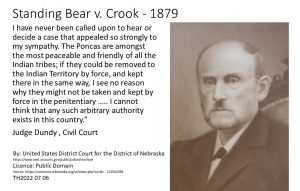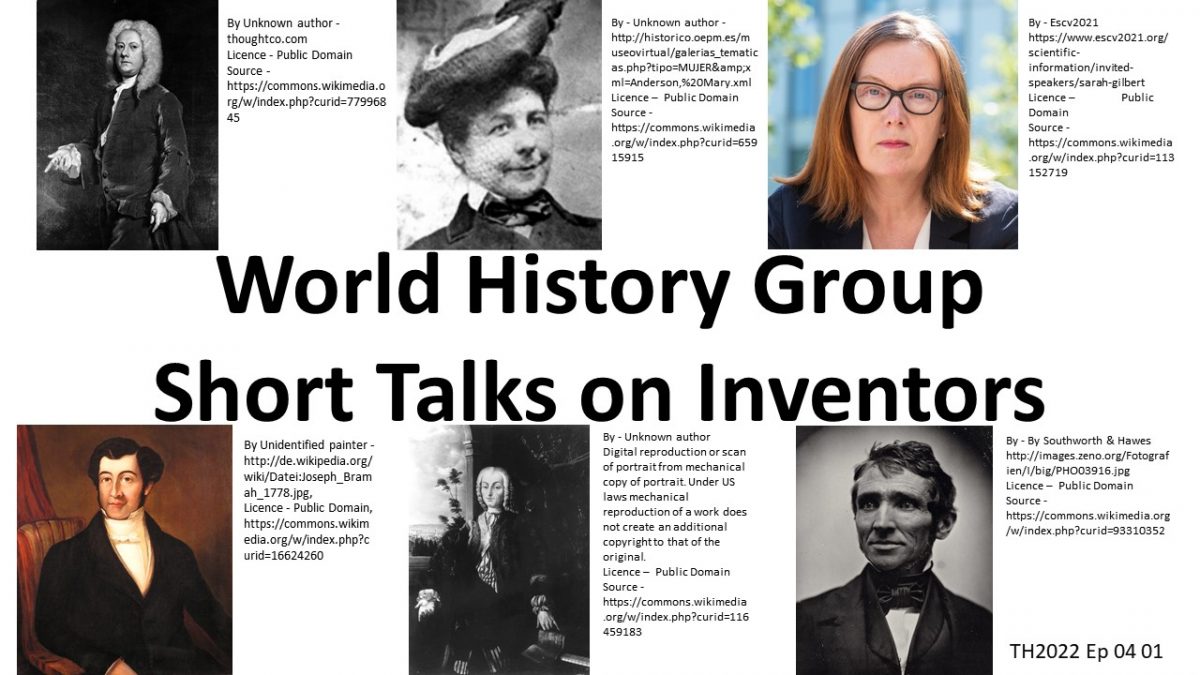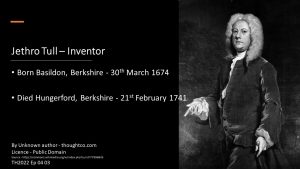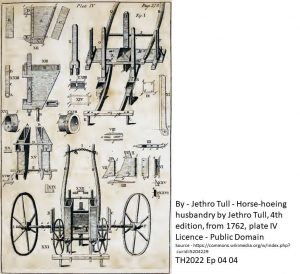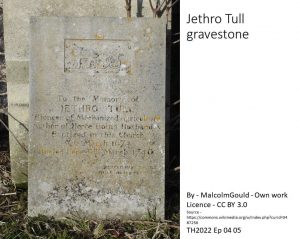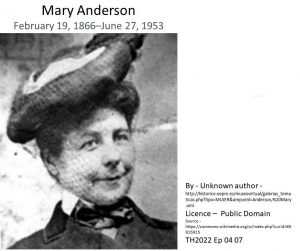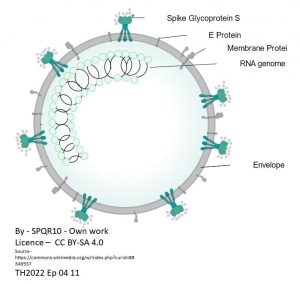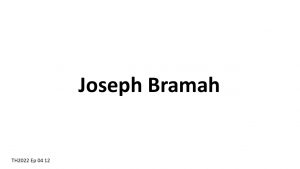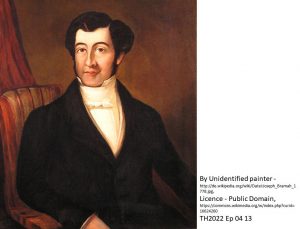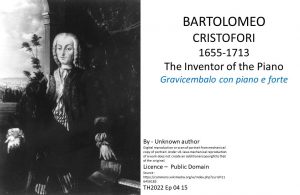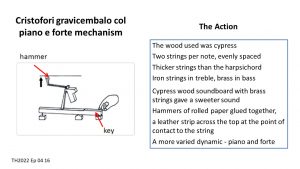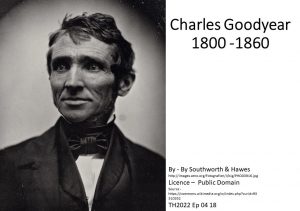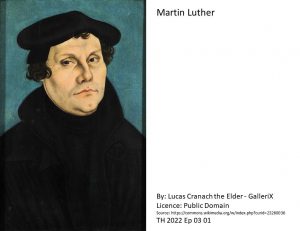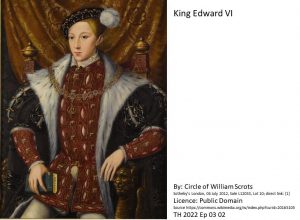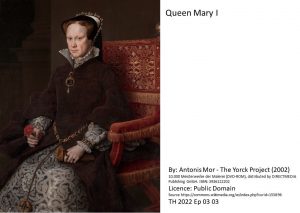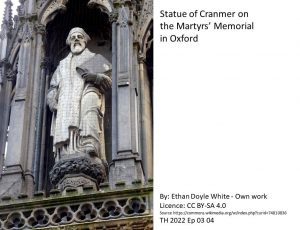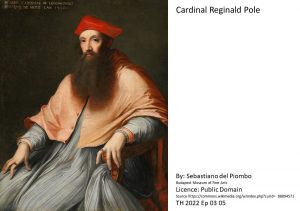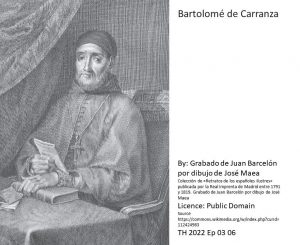Podcast: Play in new window | Download (Duration: 42:27 — 38.9MB)
Season 2022 – Talk 07 – The Real American Indians
In The Real American Indians Alan Bridgman tells us how the Native Americans were persecuted and driven from their lands because of the greed of the white settlers in the 19th century.
Click a thumbnail below to view the image gallery that accompanies the talk.
Black Kettle of the Cheyenne:
A prominent leader of the southern Cheyenne during the American Indian Wars. He’s a pragmatist, believing that U.S. military power and the number of immigrants are overwhelming. In 1861 he surrenders to the commander of Fort Lyon under the highly unfavourable Treaty of Fort Wise. He believes that he can gain protection for his people.
Black Kettle also visits Washington where he receives a large American flag from President Abraham Lincoln.
He is remembered as a peacemaker who accepts treaties with the government in order to protect his people. On November 27, 1868, he attempts to escape from the Battle of Washita River with his wife, and is shot and killed by soldiers of the 7th Cavalry.
Red Cloud of the Oglala Sioux:
From 1868 to 1909 he’s one of the most important leaders of the Oglala Lakota. He’s also one of the most capable Native American opponents facing the United States Army in the western territories, defeating the United States during Red Cloud’s War. The largest action of the war is the Fetterman Fight and because 81 US soldiers die it is the worst military defeat for US Army on the Great Plains until the Battle of the Little Bighorn.
The Treaty of Fort Laramie (1868), results in Red Cloud leading his people to reservation life. He dies on the Pine Ridge Reservation in 1909 aged 87. In old age he says ‘They made us many promises, more than I can remember. But they kept but one – They promised to take our land … and they took it’.
Nicaagat of the White River Utes:
As a boy he is an orphan, because of this a Mormon family buys him. He goes to school with white children and attends church with the family.
After a few years he runs away after a threat to whip him. He travels to Colorado and joins the White River Utes and marries a young woman from the tribe. Nicaagat becomes a leader to the younger men and scouts for General George Crook during the Sioux Wars of 1876 and 1877.
He warns Major Thomas Tipton Thornburgh that crossing the Milk Creek onto the White River Ute reservation would be seen as an invasion and an act of war. The army enters the reservation and a shooter from Nicaagat’s band shoots and kills Thornburgh.
The US forces:
Whilst many in the US forces treat the Native Americans cruelly there are exceptions, such as General George Crook, who speaks on behalf of the Ponca tribe in the case Standing Bear v Crook. In this case the judge asserts that Standing Bear has some of the rights of US Citizens.
Listen to the podcast and hear the full story from Alan Bridgman.
About this podcast:
This is an edited recording of a talk given to the Farnham u3a World History Group.
The Farnham u3a site is here.
You can also listen using Amazon Music, Apple Podcasts, Castbox , Deezer, Podchaser, Spotify, Stitcher and Vurbl and others.
AKM Music licenses Media Magazine for use as the theme music.
© The MrT Podcast Studio and Farnham u3a World History Group 2018 – 2022

